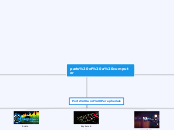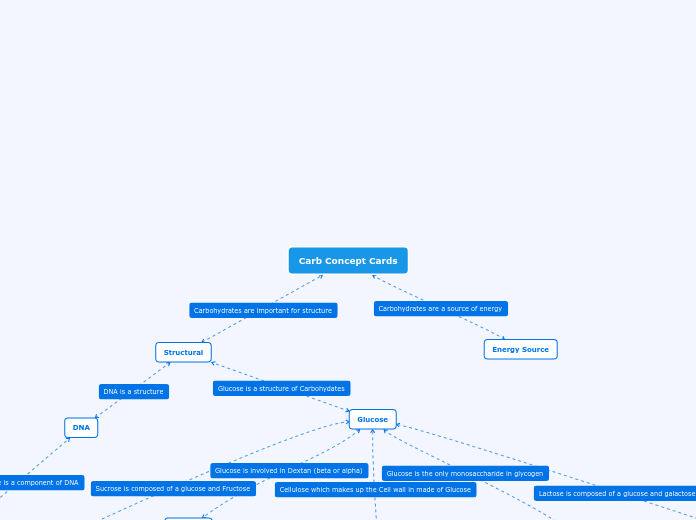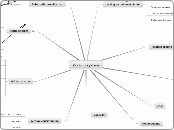by Ricardo Infante 6 years ago
451
parts of a cumputer
A computer system includes various key components and subsystems that work together to ensure smooth operation and performance. The operating system plays a crucial role in managing peripheral devices through device drivers, while in smaller embedded systems, these management routines may be directly included within the OS.









